Maintaining a swimming pool well can be a great source of enjoyment and relaxation but is also a big investment in your property. Continued maintenance assures that your pool remains clean and inviting, and simultaneously ensures that it works as an open refuge for swimmers all summer long. Maintaining your swimming correctly saves you from unnecessary problems like water loss and chemical imbalance. swimming pool leak detectors have become a must-have for pool owners. A well-functioning pool not only improves the overall swimming experience but also ensures safety and protects the pool structure and surrounding areas from unnecessary damage. This set of devices is used to detect and track leaks in the pool, and the plumbing of the pool. Pool owners can then take fast action to rectify the situation, and avoid further damages and expensive pool repairs.
Signs of a Pool Leak: Key Indicators
Signs of a pool leak | Details |
Unusual drop in water levels | Without significant evaporation or use, the water level drops more than 1/4 inch per day. Regular monitoring is to establish a baseline for evaporation. |
Increased water bills | A sudden spike in water bills or frequent refilling may indicate a leak. |
Damp spots around the pool area | Wet or soggy areas near the pool deck or in the yard can signal water leaking and saturating the surrounding soil. |
Cracks in the pool | Ground settling from water loss can cause cracks in the pool shell, liner, or deck which allow water to leak out further. |
Types of Swimming Pool Leak Detectors
Detecting leaks in swimming pools is essential for proper maintenance and to conserve water. Various types of leak detection methods are available, each suited for different scenarios.
Electronic leak detectors: Advanced technology electronic leak detectors emit sound waves to find leaks. They also have microphones attached to listen for water escaping through cracks or gaps in the structure of the pool. The sound waves are transmitted through the water and the device picks up those vibrations, and when a leak occurs, the technician knows exactly where the leak is. These detectors are very good at finding leaks in all kinds of pools, vinyl, plaster, and fiberglass.
Dye testing kits: A simple, cost-effective solution to visible leaks is dye testing kits. This method consists of adding a special dye to the water near the leak suspected areas. The water will move and if there is a leak the dye will flow toward the crack or hole. This is a handy method for checking for leaks around skimmers, returns, and other fittings, quickly. Dye testing is effective for detecting known or visible leaks, but may not be sufficient for underground or hidden or underground leaks.
Pressure testing equipment: The underground pipes and structural parts of the plumbing system of the pool are identified for any of its leaks via pressure testing equipment. This tactic seals off sections of the plumbing lines and pressurizes them with water or air to see if there’s a pressure drop, which would indicate a leak. This test is enormously useful for discovering leaks that are not readily accessible, meaning, for example, underground pipelines or within the walls or structures surrounding a pool.
Advanced smart devices: The development of smart leak detectors that are internet-connected and can continuously monitor is made possible by advances in technology. Depending on its design, a pool sensor may be placed inside or outside the pool area to monitor water quality, detect any leak, and report it in real-time to the owner via his smartphone. Features such as temperature sensing and automated notifications are often included, enabling fast action on leaks before they get too big.
Preventing Leaks In Commercial Pools: The Power Of IoT Technology
Benefits of Using Swimming Pool Leak Detectors
Using swimming pool leak detectors offers several advantages that can enhance maintenance efficiency and safeguard both your pool and the environment.
Time-saving: Leaking leak detectors save a lot of time in identifying leaking points as compared to traditional manual detections. Using leak detection devices, you can scan the pool area quickly and accurately to pinpoint where the leaks are so that you can deal with the problem more quickly and efficiently than searching for potential leaks over a longer period.
Cost-efficiency: Pool leak detectors are appliances that quickly detect leaks and that will prevent excess water loss, which can also result in increased water bills. Early detection also stops expensive repairs that a small leak, left undetected could bring about, including damage to the pool itself as well as the landscape surrounding the pool.
Early detection: Leak detectors can detect a leak problem early, minimizing the chance of structural damage to the pool and the area around the pool. Certain things could be caught before becoming bigger problems that can affect the integrity of your pool or require expensive, invasive repairs or even renovations.
Environmental conservation: Leak detection technology is used to save the environment by reducing water waste. Prompt draining and repair of leaks will also minimize the amount of water lost to leaks support sustainable water practices and help conserve water resources where drought is a problem.
Steps for Using a Leak Detector
When dealing with leaks in a pool, using a leak detector can help pinpoint the source of the problem accurately. Here’s a step-by-step guide on how to use a leak detector effectively:
Identify the right type of leak detector
Decide which leak detection method is best suited for the type of leak you think you have. Electronic leak detectors, dye testing kits, and ultrasonic detectors are common. There are individual usage guidelines for all of these, so locate the type that is likely suitable for your pool and the type of leak you suspect.
Gather necessary tools and turn off pumps
To the extent that it will be necessary, gather the tools, including your leak detector of choice, any available dye, or other accessories. First, be sure to turn off pool pumps and filtration systems and allow pond liners to sit for a while so you can accurately detect the problem.
Follow the instructions to locate the leak:
Read and carefully follow the manufacturer’s instructions for the leak detection method you choose. When using an electronic leak detector, you will usually scan the pool area, walls, floors, and fittings, listening for the detector’s signals. Sprinkle some dye to test it, strategically near suspected leak areas like around the skimmer, lights or returns to see if it is drawn into a crack or gap.
Consider temporary fixes vs. professional repair services:
If a leak is found, determine how serious the problem will be. If it’s just a minor leak then you might be able to afford to use some temporary measure such as a waterproof patch or sealant to prevent more water from impacting the damage until you can get a permanent fix in place.
For larger leaks or if you aren’t confident in your ability to fix the leak yourself, you should call a pool repair service. With a thorough inspection possible they will know how to repair any required repairs to make your pool safe and sound.
Maintenance Tips to Prevent Future Pool Leaks
Maintenance Tip | Details |
Regularly inspect pool equipment and plumbing | All pumps, filters, heaters, PVC and rubber hoses, and plumbing connections should be checked routinely for wear and moisture. |
Monitor water levels and chemical balances | Track water levels and chemical balances regularly to prevent equipment erosion and leaks. |
Address minor cracks and damages promptly | Inspect pool surfaces for cracks or damages and fix them promptly to avoid significant leaks. |
Check hoses and fittings | Check for wear or leaks, and replace as necessary, hoses, fittings, and connections. |
Monitor equipment operation | Watch for unusual sounds, vibrations, or performance issues in equipment to prevent significant problems. |
Maintain proper drainage around the pool | Install around the pool to prevent water accumulation and therefore soil erosion to protect the structure and pool plumbing. |
Pool Care Made Easy Top Cleaning Tools You Need
Swimming pool leak detectors are invaluable tools for pool owners, saving both time and money by quickly identifying leaks before they escalate into more significant issues. By enabling early detection, these devices help prevent the costly consequences associated with prolonged water loss, such as foundation damage, increased water bills, and extensive repairs. Regularly monitoring your pool for leaks not only preserves the integrity of your pool structure Investing with the right leak detection tools or enlisting professional services can make a substantial difference in maintaining the pool's efficiency and longevity. USAPoolShop provides essential replacement parts, including valves, o-rings, pressure gauges, and plumbing fittings, to keep your pool operating efficiently. Discover all the materials needed for pool setup.
FAQs
What are the pros and cons of DIY leak detectors?
DIY leak detectors are cost-effective and suitable for minor leaks but lack precision for detecting larger or underground leaks.

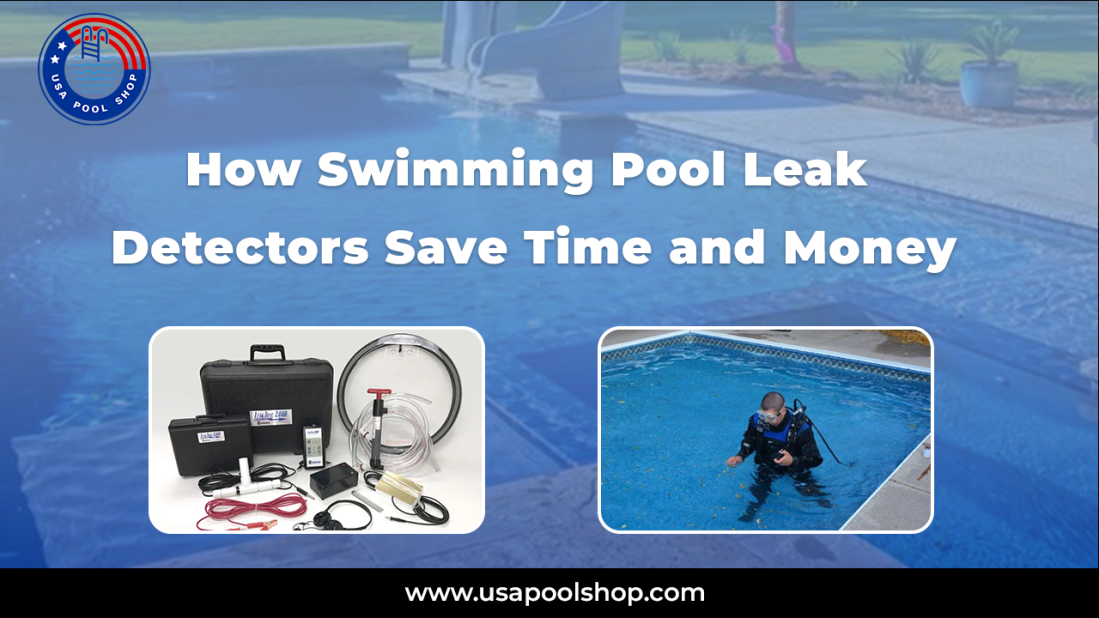
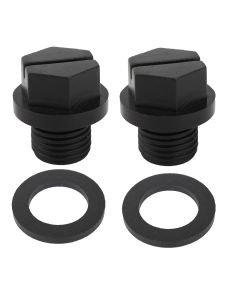
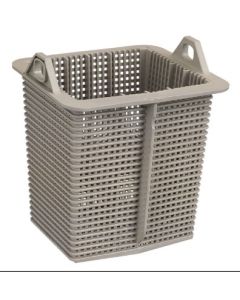
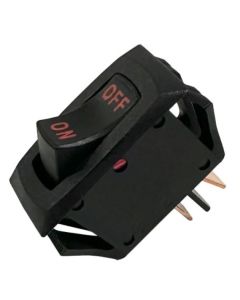
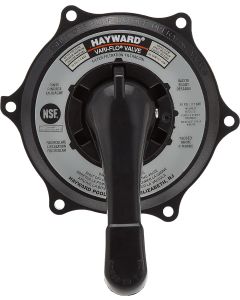
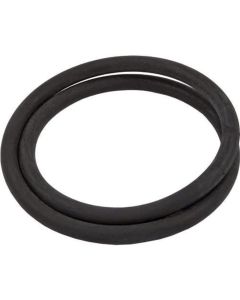


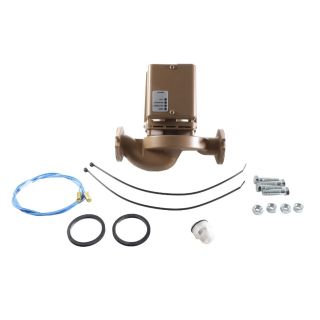
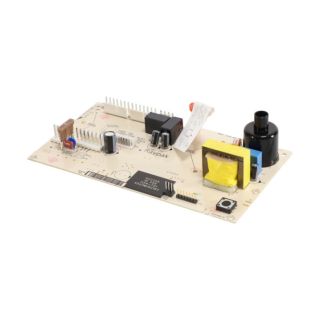
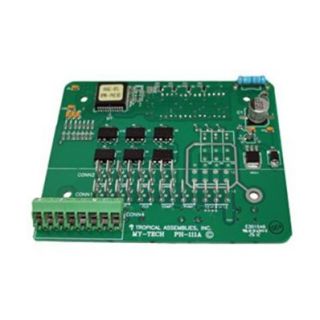
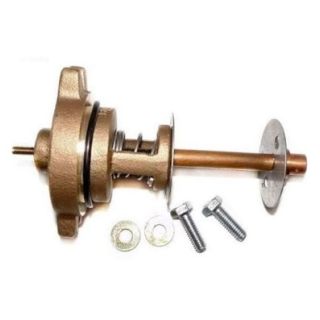

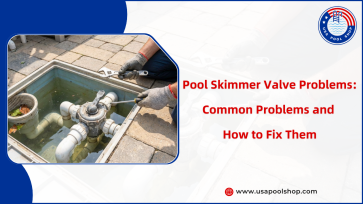



Validate your login